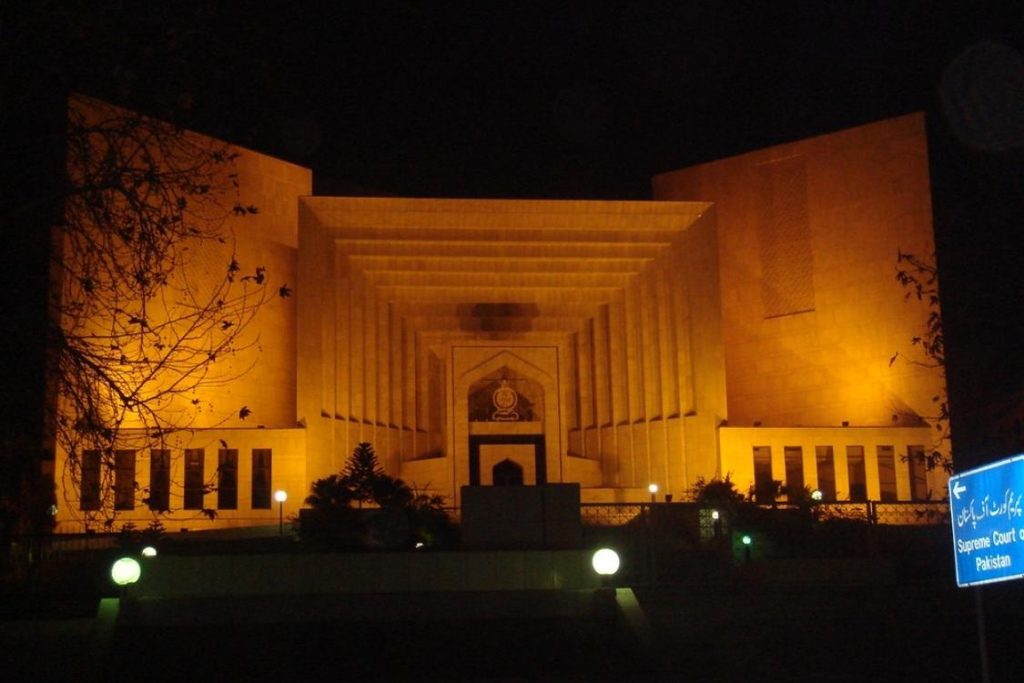ISLAMABAD – Contrary to viral claims circulating on social media, the Supreme Court of Pakistan has not ruled the recent ban on 27 YouTube channels as unconstitutional, a fact-check by Dawn has confirmed.
The confusion arose after several social media posts misrepresented a statement by the Supreme Court Bar Association (SCBA), falsely attributing it to the apex court itself.
Background of the Ban
On June 24, a magistrate in Islamabad ordered the blocking of 27 YouTube channels over allegations of spreading “fake, defamatory, and misleading” content targeting state institutions and the armed forces. The move came after a request by the National Cyber Crimes Investigation Agency (NCCIA).
The affected channels include those associated with journalists and commentators such as Matiullah Jan, Wajahat S. Khan, Asad Toor, Ahmad Noorani, Imran Riaz Khan, Moeed Pirzada, Sabir Shakir, and Orya Maqbool Jan.
Fact-Check Reveals Misleading Claims
Prominent journalist Sabir Shakir claimed on social media that the Supreme Court had struck down the ban. However, the claim was refuted after it emerged that only the SCBA had issued a statement condemning the ban—not the judiciary itself.
Legal experts also clarified that any appeal against the magistrate’s decision must first be filed in a high court, not directly with the Supreme Court.
Free Speech Concerns Remain
The issue has reignited public debate about freedom of expression and digital censorship in Pakistan. While the SCBA criticized the move as “authoritarian,” the judiciary has yet to weigh in on the matter.
Observers have stressed the importance of verifying information before sharing, especially when it concerns judicial decisions.
This story has been reported by PakTribune. All rights reserved.



